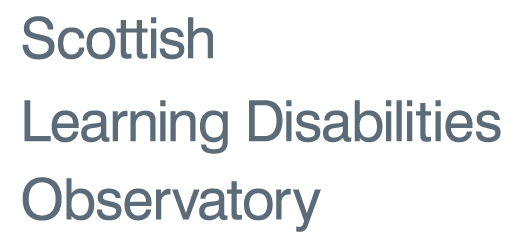Cancer incidence and mortality in adults with learning disabilities

Background
The health profile of people with learning disabilities differs from the general population. Adults with learning disabilities have greater and different patterns of multimorbidity, beginning earlier in life, with poorer health outcomes including premature mortality. People with learning disabilities die on average 20 years earlier than other people, and often from reasons considered avoidable. We know that people with learning disabilities often do not take part when invited for cancer screening (e.g., breast, cervical and bowel screening rates are low), which may result in delayed diagnosis and treatment, and lead to preventable early death. Cancer profiles and deaths differ in adults with learning disabilities, and it is necessary to gain a better understanding of cancer rates and associated health, demographic, and social factors in Scotland to inform policy and care.
What we will do
We linked Scotland’s 2011 Census data to death and cancer registrations to look at incidence and mortality rates in Scotland between 2011 and 2020. We are analyzing data on around 18,000 adults (aged 18+) with learning disabilities and comparing this with a 15% unmatched comparison group of other adults from the general population without intellectual disabilities (or autism).
Analysis will determine the rates of specific cancers (e.g. oesophageal, stomach, colorectal [bowel], breast, cervical, urinary, prostate, lung) and death, exploring differences between the groups. We will investigate the cancer stage at diagnosis and treatment by surgery, radiotherapy, chemotherapy, or other therapies. Lastly, we will use data from the three national cancer screening programmes (breast, cervical and bowel) to research uptake within the learning disabilities population.
Our findings
Study findings will contribute towards policy guidance to improve NHS practice around management of adults with intellectual disabilities in health care settings, as well as advising NHS information campaigns around cancer screening programs specifically for those with learning disabilities.
We are finalizing data analysis and will update this webpage in due course. For further information on this research, please contact Angela Henderson.
Page updated 25 October 2022
